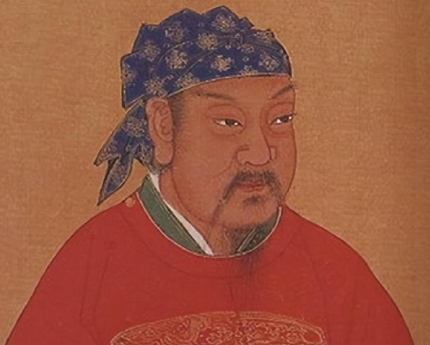"Family-country isomorphism" is an ancient political philosophy that views the two social organizational forms of family and country as having similar or isomorphic structures. Under this concept, the family is seen as a micro reflection of the country, while the country is the macro projection of the family. This concept is particularly evident in China's feudal society, and it has largely influenced China's social governance model. So, how should we understand family-country isomorphism? What are its advantages and disadvantages?

First, the understanding of family-country isomorphism needs to be viewed from two aspects. On the one hand, families and countries have structural similarities in their organization. In the family, parents have authority, and children need to obey; in the country, the monarch has supreme power, and subjects need to obey. This structural similarity makes the family an important unit for maintaining social order. On the other hand, families and countries also have continuity in moral responsibility. Family members need to follow the moral norms of the family, which are consistent with the moral requirements of the country. Therefore, the family becomes an important place for cultivating citizen morality.
The advantages of family-country isomorphism are mainly reflected in the following aspects. First, it helps to maintain social stability. The family is the cell of society, and the stability of the family directly affects the stability of society. By emphasizing the importance of the family, social order can be effectively maintained. Second, it helps to improve the moral quality of citizens. The family is the first classroom for citizen moral education, and through family education, citizens with good moral quality can be cultivated. Finally, it helps to strengthen the unity of the country. The family is a microcosm of the country, and through the management of the family, effective rule over the country can be achieved.
However, there are also some disadvantages to family-country isomorphism. First, it may lead to the neglect of individual rights. Under the concept of family-country isomorphism, individuals need to unconditionally obey the authority of the family and the country, which may lead to the infringement of individual rights. Second, it may hinder social progress. Family-country isomorphism emphasizes order and stability rather than change and innovation. This may hinder social progress and development. Finally, it may lead to the abuse of power. Family-country isomorphism赋予家庭和国家过大的权力,如果没有有效的制约机制,可能会导致权力的滥用.
Overall, family-country isomorphism is a governance model with a profound historical and cultural foundation. It has its unique advantages as well as some disadvantages. In modern society, we need to inherit and carry forward its advantages while avoiding its disadvantages to achieve social harmony and development.
Disclaimer: The above content is sourced from the internet and the copyright belongs to the original author. If there is any infringement of your original copyright, please inform us and we will delete the relevant content as soon as possible.
































